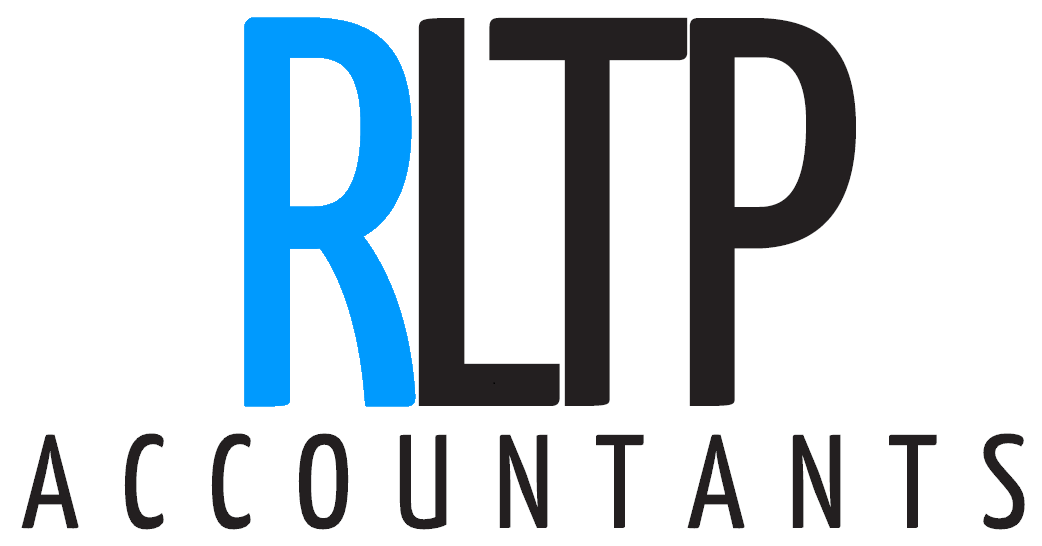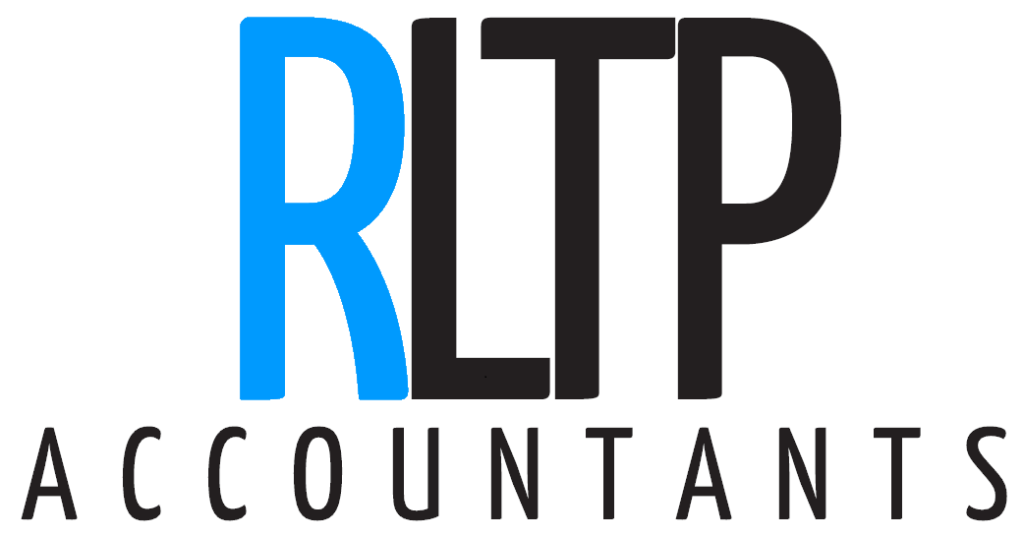As we reach the end of 2022, it’s undoubtedly been a difficult year for many businesses, but despite some struggles, employers are still looking to reward their staff for all of their hard work over the last twelve months. But there are some things that you’ll need to bear in mind if you’re looking to give your staff members a little something extra this Christmas and we’ll be on hand to talk you through how you can account for the extra Christmas spending.
How to account for Christmas cards
It might seem a little over the top to have to account for any money spent on Christmas cards, but you might need to. Christmas cards are a wonderful, long-lasting festive tradition, but some organisations might wish to make a monetary donation to a charity as opposed to giving out Christmas cards.
However, if you do decide to send Christmas cards out to either your employees or your clients, then these will need to be recorded as a tax-deductible expense. You should take off the aforementioned payments prior to calculating your corporation tax liability.
How to account for Christmas gifts for your employees
A limited company will be able to treat their employees to a Christmas gift this festive season, but it can only cost up to £50 and it cannot be given as a cash bonus. If the gift you give comes in at under £50, then it’ll be exempt from PAYE and Employer’s National Insurance. Gifts that are given to staff members are not tax-deductible, however, any delivery costs count towards the £50 limit, which is worth noting.
How to declare Christmas gifts for employees if they’re over £50
If you’ve bought your employees a gift that comes in at over £50, then you must declare them. This is also the same for gift cards. You’ll need to submit a P11D to the HMRC if any gifts come in at over £50. Gifts that are higher value are considered to be ‘tax perks’, meaning you’ll be required to pay National Insurance. A gift costing £60 could end up costing as much as £85 once the tax and NI has been calculated.
How to account for cash Christmas bonuses
It’s been a long-standing tradition for businesses to give employees a cash bonus at Christmas, usually alongside a Christmas card. However, if anything is offered in cash, then it’ll count towards that employee’s earnings. You’ll have to add that Christmas bonus to your payroll and then apply the standard PAYE taxes and NI deductions.
How to account for money spent on a work’s Christmas event
Often, a business has a party allowance of around £150 per employee, allowing them to host virtual celebrations and events that are in-person. Companies can spend their budget on postage, food and drink and entertainment, but in order for the allowance to be eligible, every staff member must have been invited. Any VAT on such expenses are reclaimable, but only on any costs associated with staff entertainment as opposed to money spent for the benefit of the directors or the business in general.
How to account for other employee Christmas bonuses
There are other options available to businesses who do not, or cannot, gift their employees anything or give them a cash bonus this Christmas. Some of the things you’ll be able to do for your staff members, without having to worry about tax liabilities or other declarations, include, but is not limited to, the following:
- Offering additional holidays
- Giving each employee a day off, or half a day, for Christmas shopping
- Making hours more flexible over this time of year to see family or attend events, like school navities
- A team-building activity
RLTP Accountants are pleased to offer sterling accountancy services to customers throughout Nottingham, Derby, Leicester and the surrounding areas. We have a wealth of industry knowledge and expertise to draw upon to ensure we always deliver an exceptional service every single time. From company formations, payroll services and self-assessment tax returns to capital gains tax services and inheritance tax planning services, you’ll be able to count on our specialist team. For more information about how we can help you today, get in touch with a member of our professional, dedicated team of highly-qualified accountants – we’re always happy to hear from you.


